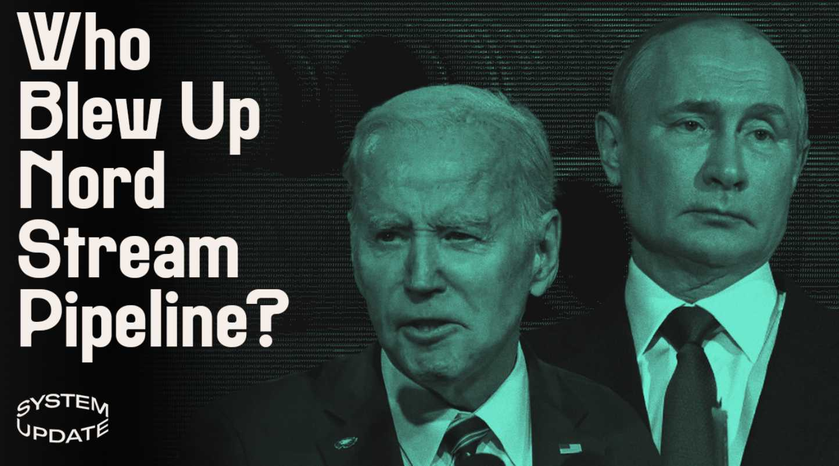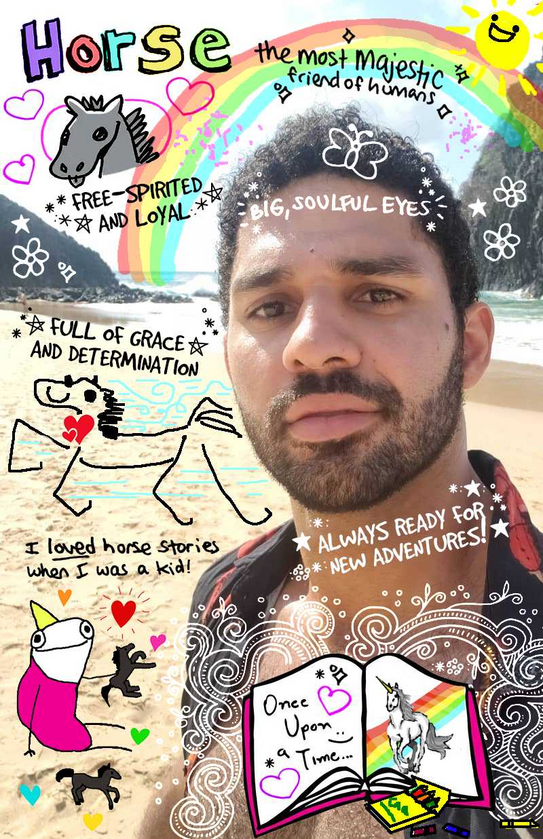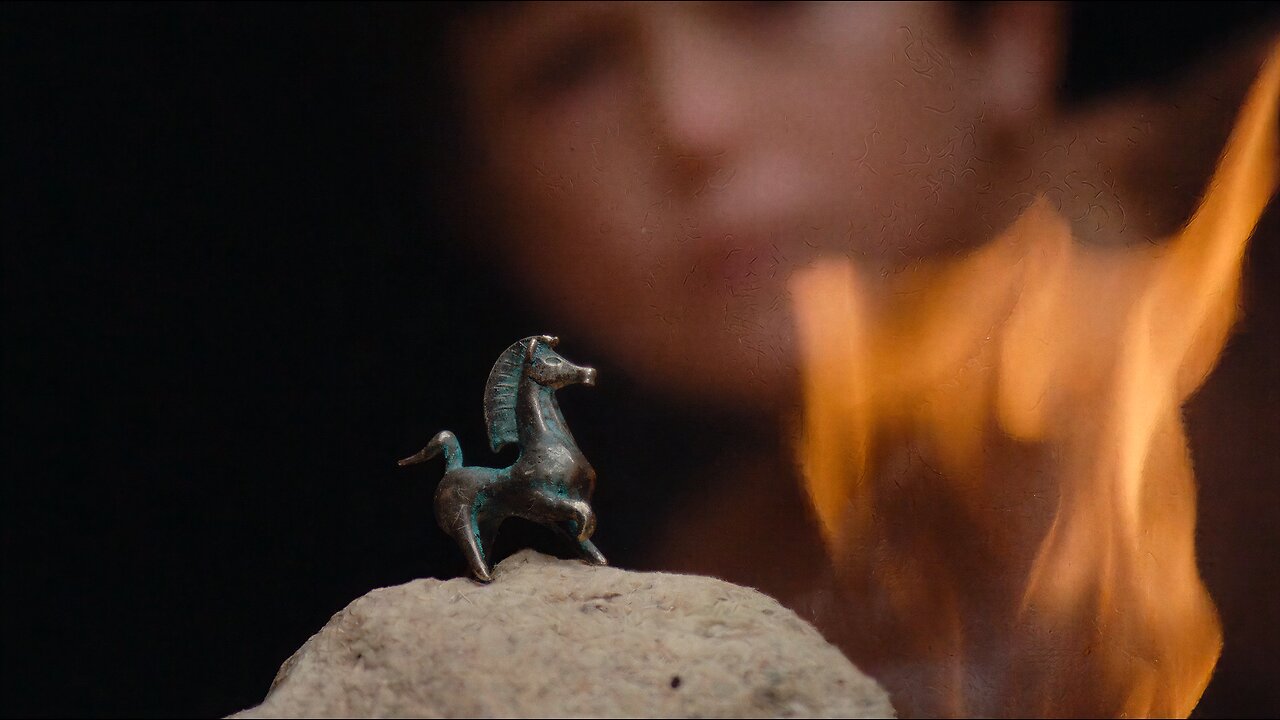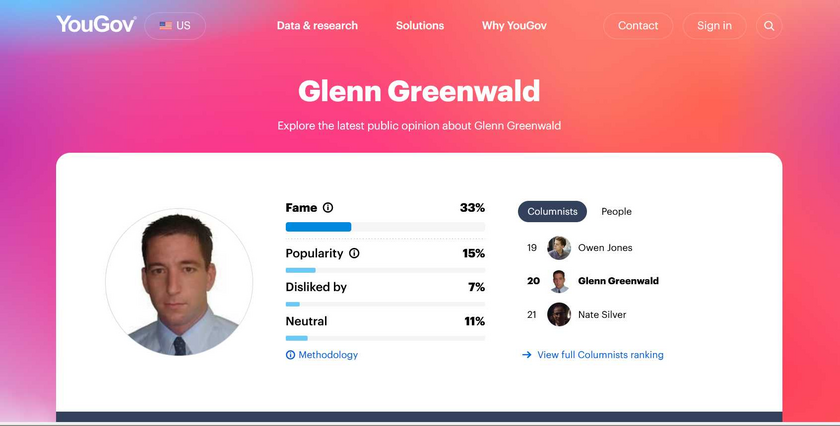Note From Glenn Greenwald: The following is the full show transcript, for subscribers only, of a recent episode of our System Update program, broadcast live on Rumble on Friday, February 10, 2023. Watch the full episode of System Update Episode #39 Here on Rumble.
In this episode, we'll discuss the recent publication by legendary investigative reporter, Seymour Hersh, of a story alleging that the U.S. was responsible for the attack that resulted in the destruction of the Nord Stream pipeline. And we'll focus on how and why it is that one of the most accomplished and consequential journalists of his generation has been essentially expelled from mainstream media outlets and declared persona non grata. It says a great deal about our corporate media and what one needs to do to thrive within it and how one is deemed “discredited” by it.
Then, The New York Times this morning published a remarkable story about John Fetterman, the Democratic senator from Pennsylvania, who suffered a stroke during the 2022 campaign for Senate. Desperate for Democrats to win that seat, which many believed would determine which party controlled the Senate – the corporate media outlets did everything possible during the campaign to minimize and dismiss his health problems to the point of attacking a young reporter at NBC News who spoke honestly about what she saw when interviewing him and then they all gathered to lie about his health issues. With Fetterman now hospitalized again for the third straight day, The New York Times could no longer keep the truth concealed.
We will, then, speak with the independent journalist Michael Tracey to review the news of the week, including the visit to the White House today of the Brazilian president Lula and Lula's interview with Christiane Amanpour, of CNN, in which the Brazilian leader – again – refused to involve his country in that war in Ukraine, insisting that his war as Brazil's president was not in Ukraine, but instead to improve the lives of Brazil's citizens, and that what was needed and is needed, he said, are not more weapons in Ukraine to fuel the war, but more diplomatic efforts to end it.
For now, welcome to a new episode of System Update starting right now.
The investigative reporter, Seymour Hersh, is – beyond any reasonable dispute – one of the two or three most accomplished, important and courageous journalists of his generation. Very, very few journalists on the planet – and virtually none who still work inside the nation's largest media corporations – can even get close to him when it comes to having broken more major history changing stories. Perhaps one of the few is Julian Assange, who is not working within a major media outlet, but instead is languishing in a high security prison in Belmarsh, in London.
Hersh is an old-school reporter in the best sense of the word. When he began his career as a journalist, the Internet did not exist, nor – except in the most inevitable ways – did independent media. Yet, he somehow managed to always straddle the line between independence and working inside the nation's largest outlets. He began by working simultaneously, in the 1950s, as a copy boy and police reporter for a local Chicago paper and a clerk at the Walgreens drugstore illustrating the battles when journalism was still a working class profession.
He then spent several years as a reporter at the Associated Press in the early 60’s until he quit in protest when his editors tried to water down one of his stories. He then went to Vietnam and covered the war as a freelance reporter. In 1969, he heard about an Army lieutenant, William Calley, who had been secretly court martialed for his role in a massacre of Vietnamese civilians, and, after investigating it as a freelance reporter, he broke the news of what became widely known as the My Lai massacre, in which he wrote, “The Army says Lieutenant Calley deliberately murdered at least 109 Vietnamese civilians during a search and destroy mission in March 1968, in a Viet Cong stronghold known as Painesville.” Hersh 's story was picked up by 33 newspapers through the wire service. He was working as a freelance reporter when he revealed that.
That incident took place in March 1968. It involved the deliberate killing by company Sea First Battalion, 20th Infantry, of South Vietnamese civilians. The U.S. Army originally denied all of his claims, insisting that they were all made up and were all fiction but they ultimately ended up admitting most of his revelations, including the fact that Lieutenant Calley was convicted of murder of 22 civilians and was sentenced to life in prison, though he was pardoned in 1974. For that reporting, which prompted not mean tweets, but threats of all kinds of violence from many serious sectors, Hersh won the 1970 Pulitzer Prize for Investigative Reporting.
After that My Lai Scoop, which helped change how Americans thought about the war in Vietnam, he was hired as a staff reporter by The New Yorker, where he worked for the next 22 years, from 1971 until 1993, and he continued to publish many stories with The New Yorker up until 2017.

























